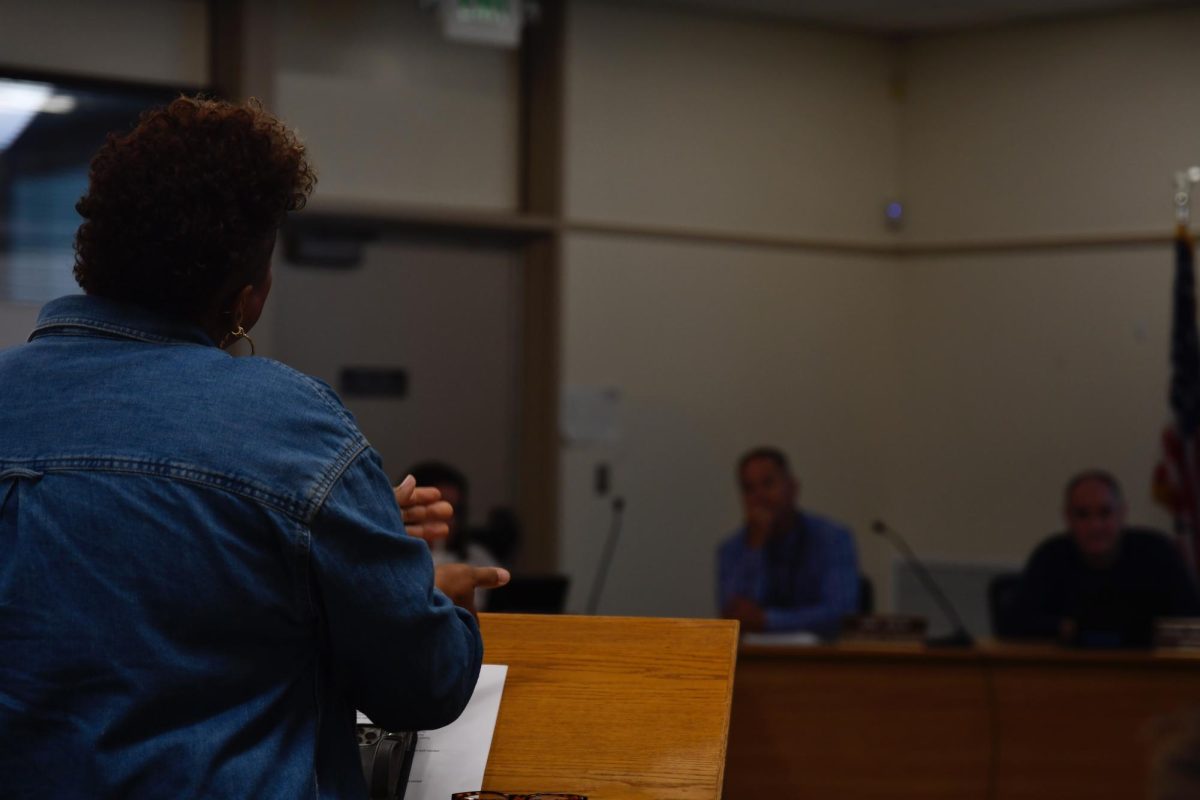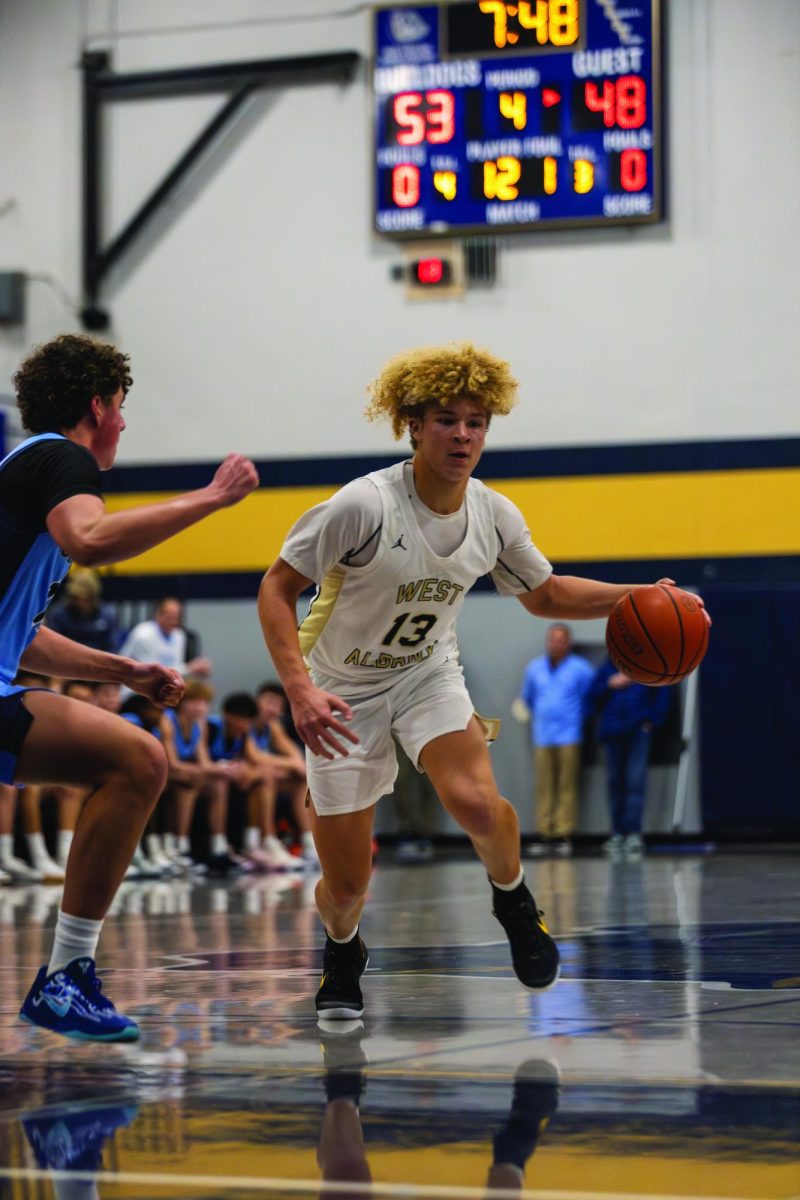On Sept. 25, the district office opened a work session to allow the community to comment publicly on the revisions made to the controversial issues policy. Many parents, community members, and staff attended the meeting with varying concerns.
Before stating any problems from the community, each speaker had to say their name and relationship to the district.
Guidelines were provided for those who chose to speak to stay on track during the conversation. The concerns the speakers wanted to address had to be concerned with the definition of controversial, the addition of parent notification, parent opt-out forms, and any other questions about the draft policy.
Many staff and community members spoke at the meeting, and those who did agreed that this would be more work for teachers with parent notification in the policy. “I worry about the extra work that it will add for the teachers to include the notification,” Nick Anderson said.
The draft policy puts an immense amount of work on the teachers, and staff member Jodi Howell says, “The majority of parents also feel that it is unnecessarily overburdening for teachers and also very subjective.”
However, that wasn’t the only concern that occurred during the meeting. Staff member Annelie Haberman mentioned that many topics discussed in the class are state standards. “Last year, I was told that when I was teaching a state standard, I was told that it was a controversial issue.”
In the classroom, each subject has a set of topics that need to be taught, which is what the state standards are. However, what happens when an issue is considered controversial but has to be taught in the classroom?
During a conversation with Superintendent Andy Gardner, he discussed that if any topic came up with student curiosity, the teacher could allow the conversation as long as they remained unbiased throughout the discussion. Any nonsuperficial exchanges that could be deemed controversial will require a parent notification before any class discussion.
Teachers will have to talk with the principal about why the topic should be discussed in class. Once the lesson is approved, the teacher has to send out a form of notification, most likely by email, to all parents a week in advance. Teachers will also have to create an alternative assignment for the students who may opt out of the lesson.
There are currently no guidelines determining precisely what defines a controversial issue, how often a student can opt out, or how teachers should approach discussions that may be considered controversial.
The next draft of the policy should include a better definition of what controversial is and will be sure to include the word “respectful” and not once use the word “indoctrination.”
Adding the word “respectful” will clarify the intentions of the policy while also removing the confusion from the community about what the board wants.
The word indoctrination has been afloat by community members because it may affect the students in the classroom. In the policy, to remove worry from parents and other community members, the board will avoid using the word indoctrination in the next iteration of the controversial issues policy.
The next revision will be discussed over the next few board meetings. Once the next iteration is complete, the district will send out email notifications to parents and then provide training for staff on the new procedures within the policy.




